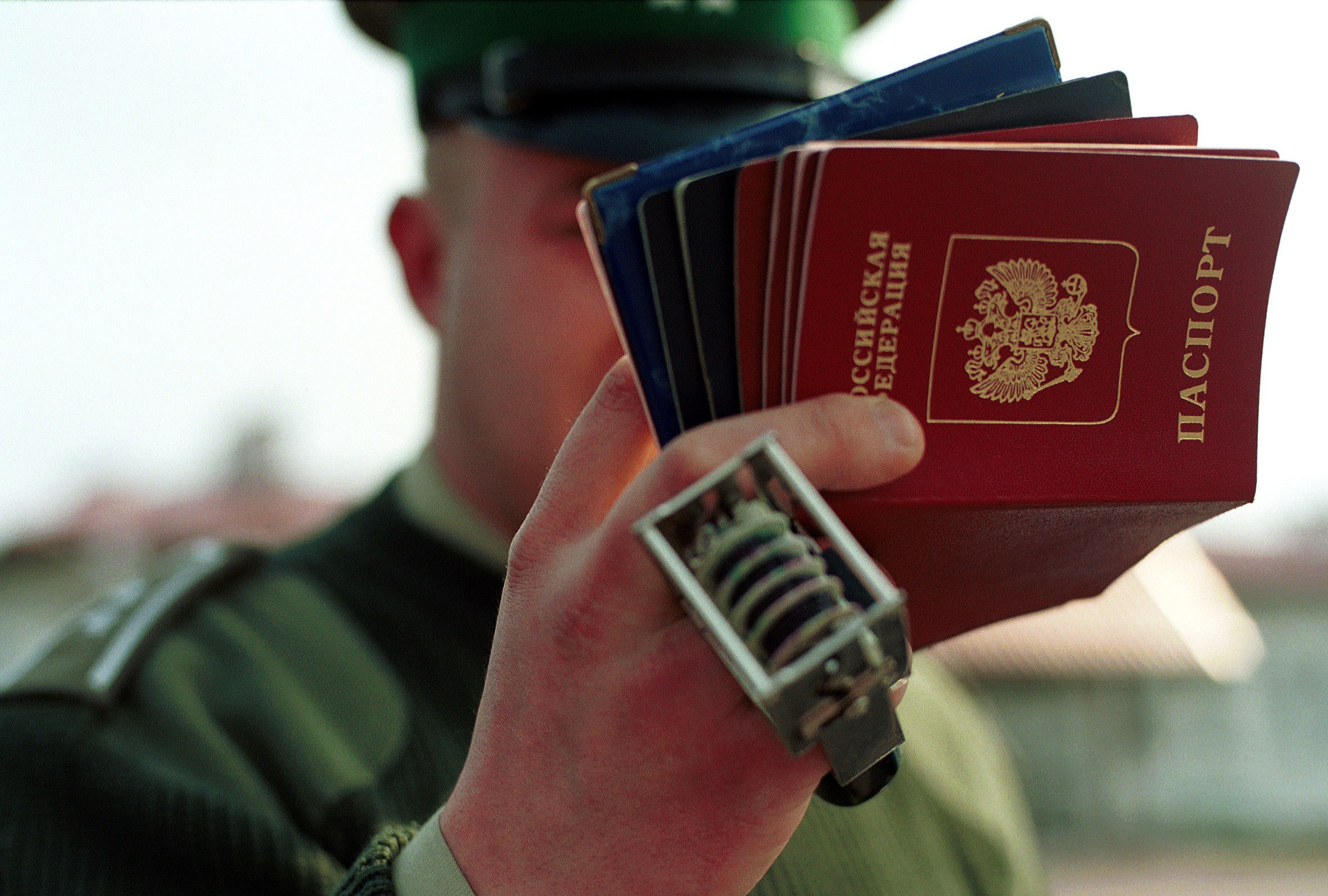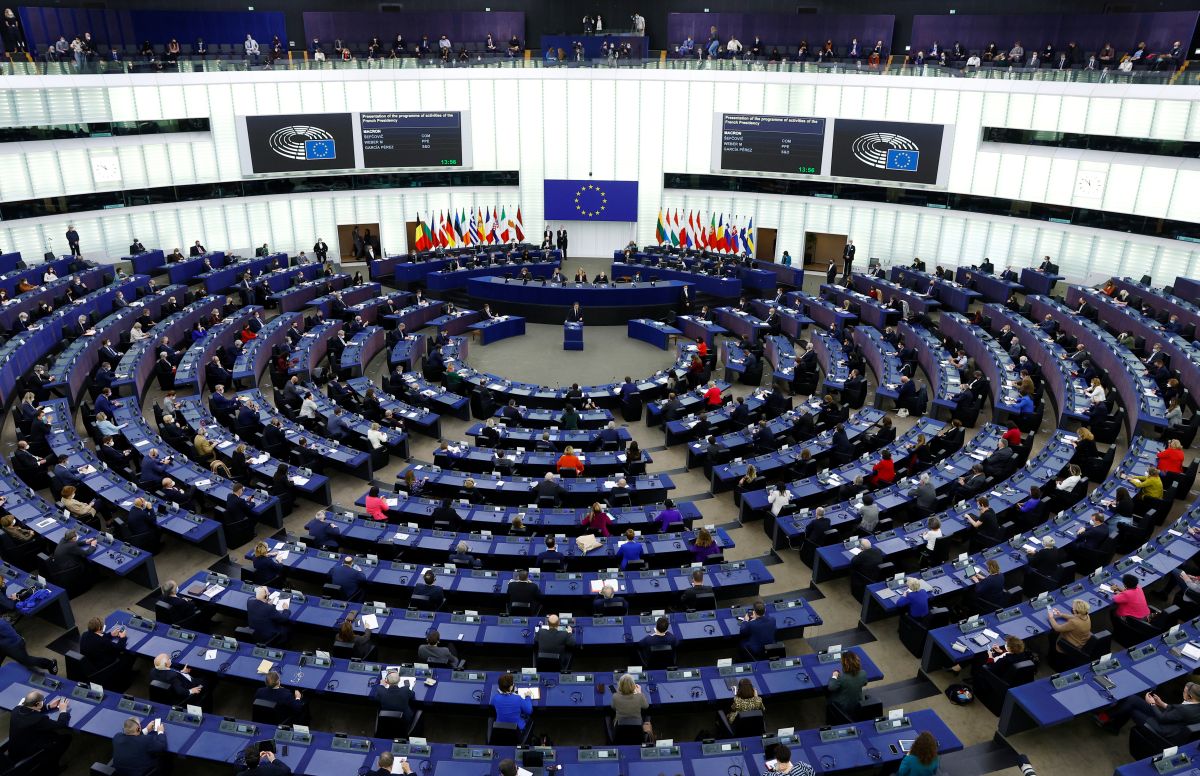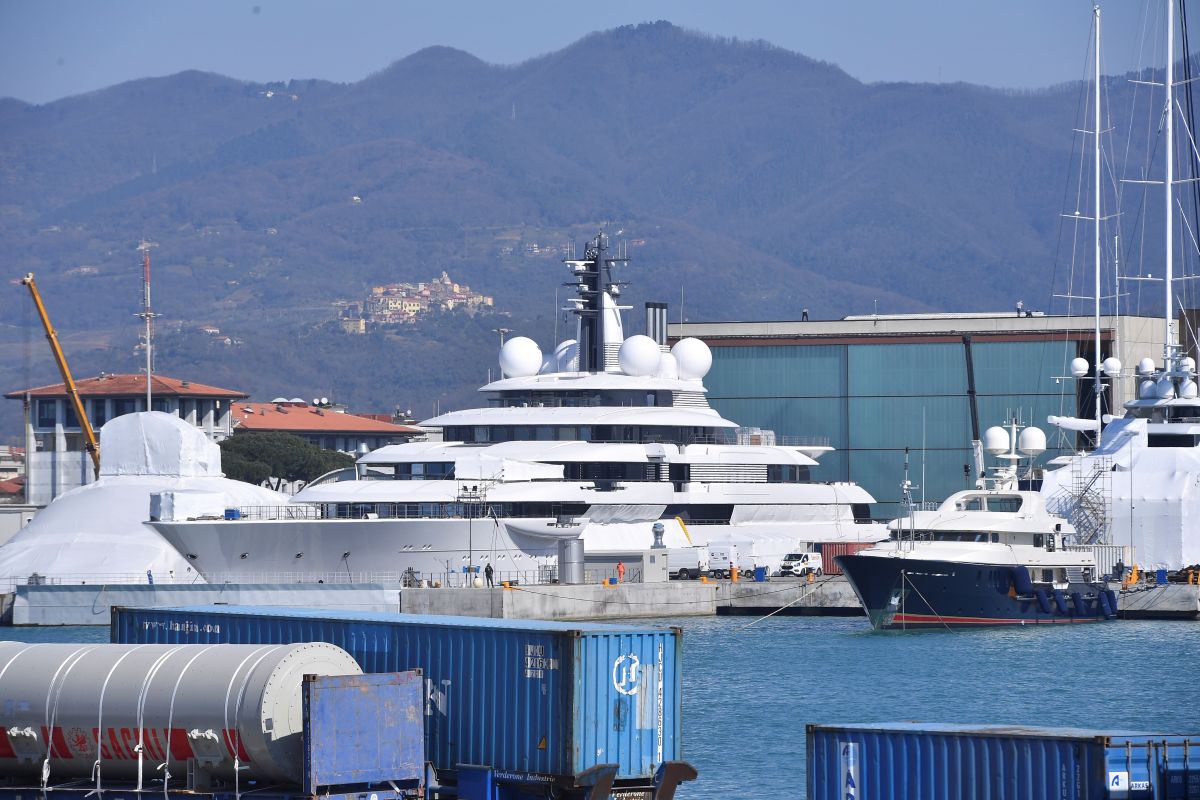EU Eyes Flexible Solution for Issuing Fewer Visas to Russians
On 30 and 31 August, the Council of the EU held an informal meeting in Prague. EU Member State foreign ministers discussed a ban on issuing tourist visas to Russians, among other things. While the summit did not end up with a consensus in this regard, the ministers adopted Czechia’s proposal to suspend the visa facilitation agreement between the EU and Russia. The proposed solution is intended to discourage Russians from applying for visas by prolonging the procedures and the list of required documents and increasing fees. At the same time, countries bordering Russia have announced that they will adopt more restrictive measures.
 Lukasz Glowala/ Forum/ FORUM
Lukasz Glowala/ Forum/ FORUM
What are the current rules for Russians’ entry into the EU?
In 2007, the EU and Russia concluded an agreement to facilitate the issuance of short-stay visas (Schengen visas). It makes it easier for Russians to obtain visas allowing a stay in the entire Schengen area for up to 90 days within 180 days. They are issued on the basis of EU law for tourism, business, transit, etc. Long-stay permits are regulated by national law. In 2021, Russians were the largest group of both applicants for short-term visas (approx. 18.3%) and people issued visas, at more than 0.5 million. Greece, Italy, and Spain issued the most Schengen visas to Russians.
EU law does not expressly provide for the possibility to stop issuing visas altogether to nationals of one country and prohibits discrimination on the basis of ethnic origin. It is an individual decision of the national authorities to issue or refuse a visa (e.g., to a person posing a security risk). A visa issued by one Schengen country generally allows movement throughout the zone.
How did states restrict Russians’ entry into the EU after the attack on Ukraine?
On 25 February, the Council partially suspended the application of the visa facilitation agreement, obstructing visa procedures for Russian diplomats, government officials, businesspeople, and others. Individuals on EU sanctions lists were banned from entering and staying in Union territory. Moreover, the EU closed its airspace to Russian airlines, planes owned, controlled, or registered by Russia, and oligarchs’ aircraft. The EU also called on the Member States to abandon issuing so-called golden passports and visas in exchange for investments.
At the national level, the first state to suspend the issuance of tourist visas to Russians was Czechia (on 25 February this year). It was followed by the Baltic states and Finland. Denmark and the Netherlands have stopped issuing short-stay visas to Russians, and Poland has also significantly limited their issuance.
Why haven’t countries decided to completely stop issuing tourist visas to Russians?
As a result of the decision of 31 August, the fees, waiting times, and the number of formalities required from Russians to obtain Schengen visas will increase. However, the Council did not agree to fully stop issuing tourist visas, as proposed by Estonia. It pointed to the need to directly influence Russian society and moral considerations, for example, preventing people who support the aggression from visiting the EU. At the same time, humanitarian visas would continue to be issued to help those fleeing repression by the authorities. Despite the support of, among others, Poland, Lithuania, Latvia, Czechia, and Denmark, the Council failed to achieve the required unanimity to enact a ban.
Member States opposed to the proposals included Belgium, France, Germany, and Hungary, which protested against the alienation of Russian society and its equation with the regime of Vladimir Putin; according to Portugal, the proposed solution would primarily harm opponents of the authorities. Greece, Cyprus, and Italy were also sceptical of a ban. Among the less frequently cited arguments was the possibility of the movement being used by Russian propaganda to further fuel anti-EU sentiment in society and reduction of revenues from tourism.
What other options are there for restricting the entry of Russians to the EU?
Countries bordering Russia have announced the elaboration of further restrictions. While they have the informal consent of the EU, the severity of regional solutions will be weakened by the obligation to accept Schengen visas issued by other countries of the zone, including those allowing multiple entries. The proposals include, for example, more selective issuing of visas and an in-depth examination of applications (only 3.2% were rejected in 2021). Refusal of entry for security reasons is allowed regardless of which country has issued the visa.
There is also quite a lot of freedom in the EU to introduce restrictions at the national level. For example, Finland has been discouraging Russians from applying for tourist visas by reducing the number of application days per week from five to two (humanitarian and family visas are normally issued). From September, it plans to reduce the number of tourist visas issued by 90% by introducing limits on processing to a maximum of 100 applications for such visas per day.
What could be the consequences of the Council’s decision?
The Council decision to suspend the EU-Russia visa facilitation agreement is of a political nature; it will await official adoption by qualified majority until a formal Council summit. However, it is important in terms of image - it confirms the maintenance of the EU-27's decision-making ability. It also leaves room for maneuver for further tightening of policy towards Russia, supported by Poland, at a time when the pace of imposing new sanctions has slowed down and the EU is monitoring the results of the previously adopted packages.
Suspending the application of the visa facilitation agreement may result in Russia limiting the application of the readmission agreement. The two are usually concluded and applied jointly. The adopted solution may also cause other problems. It means difficulties for students, scientists and artists - groups facing, inter alia, France and Germany intended to apply less strict policy. On the other hand, it does not prevent the "unsealing" of the sanctions system by further issuing visas by countries open to Russian tourists, as long as they are ready to pay more and wait for entry into the EU.





